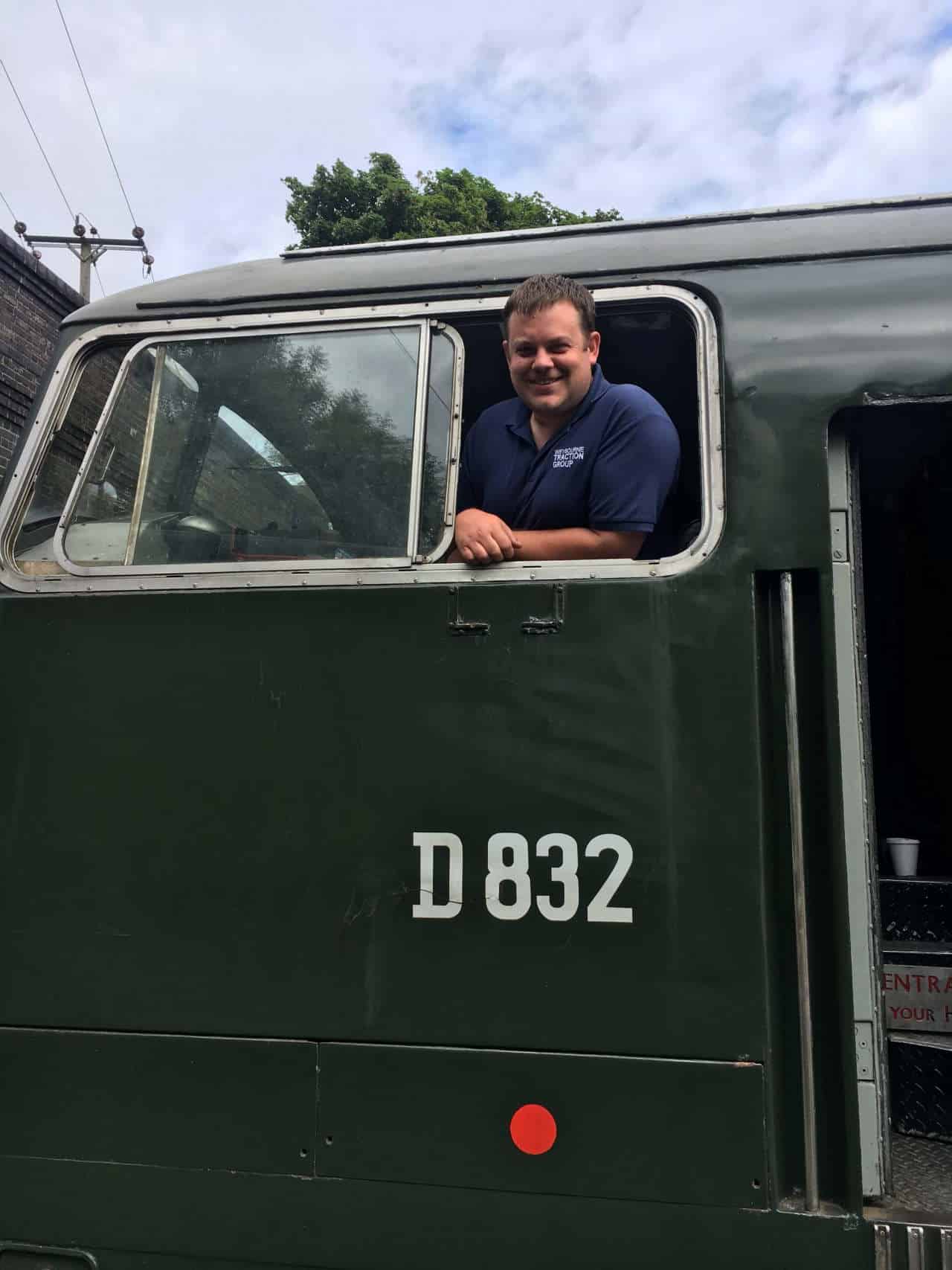Mark Sexton has been appointed by the Mid Norfolk Railway Trust Council as the railway’s first full-time Traction and Rolling Stock Manager.
This is the second full-time appointment following the recent announcement of Tony Dunford as Head of Refurbishment.
Mark will be in charge of the maintenance of all rolling stock at the Mid Norfolk Railway to ensure it is safe to be operated on the railway.
Charlie Robinson, the Chairman of the Mid Norfolk Railway Preservation Trust, that owns and runs the railway said: “We are delighted to welcome Mark to the railway as a full time staff member. His appointment is another step forward in the development of the railway as he becomes our first full time Traction and Rolling Stock Manager.
“Like all businesses, the past year has been difficult, however, we have also been looking to the future and where we can we have make decisions like this, to ensure the railway’s continued development”.
Mark has been appointed after a recruitment campaign by the MNR and a series of interviews to find the best candidate for the job.
Before being appointed at the Mid Norfolk Railway, Mark worked at the North Norfolk Railway where was employed as a trainee diesel fitter in 2012 before working up to become the Running and Maintenance Foreman in 2015.
Speaking about his new role at the MNR, Mark said: “Railway engineering has been ingrained in me, both of my grandfathers worked at the Ashford Railway works in Kent. This is a great achievement for me being given this opportunity. The railway has enormous potential and I cannot wait to begin this journey and being part of the Mid Norfolk Railway’s growth.”
Where Next?
RAILADVENT NEWS
The latest railway news
FREE NEWSLETTERS
Signup to our daily and weekly newsletters
RAILADVENT SHOP
Railway Prints, DVD’s / Blu-Ray’s, books and more
LOCOSTOP COMMUNITY
Come and share your railway pictures
UK STEAM INFO
Upcoming mainline steam tours/loco movements
Mid Norfolk Railway
Visit their website






Responses
Lovely to see another heritage line finding ways to move forwards rather than sitting with a begging bowl. Perhaps proves what can be done, and that some other lines ought to have a look at their operations and how they can improve and adapt themselves for the modern world.